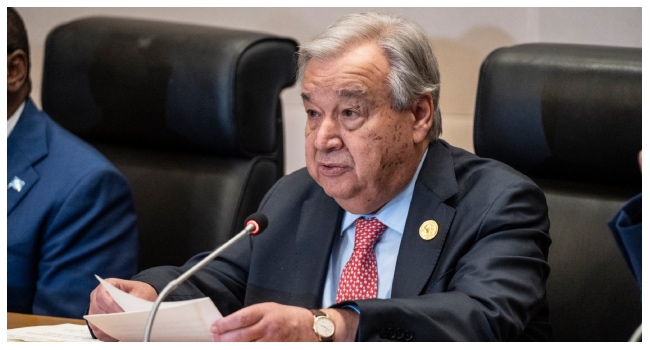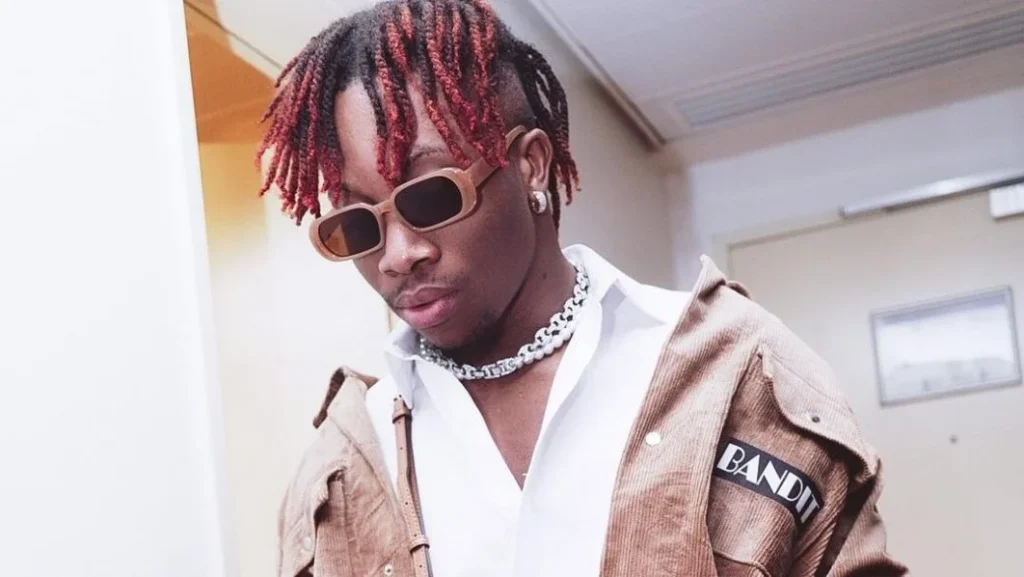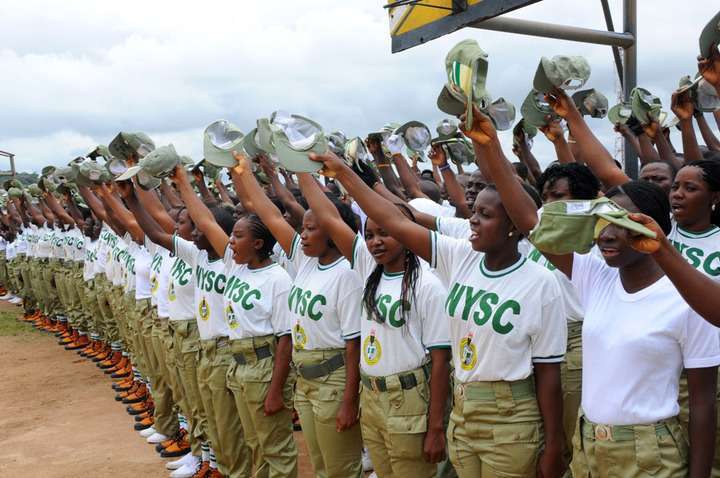The sixth BRICS Games commenced in the Russian city of Kazan on Wednesday, coinciding with Russia’s independence day holiday, and highlighting the pivotal role of sports in the nation’s identity. The games have taken on significant political overtones amid Russia’s exclusion from major international sports events following its full-scale invasion of Ukraine in February 2022.
Since the invasion, Russia has faced extensive sanctions from prominent international competitions and sports associations. Although some Russian athletes will participate as neutrals in the upcoming Paris Olympics, their results will not be credited to Russia. In this context, the BRICS Games serve as a platform for Russia to assert its grievances about what it perceives as biased treatment by Western and international sports bodies.
Deputy Prime Minister Dmitry Chernyshenko, who oversees the games, expressed in May that “our country has always adhered to the principle that sport is beyond politics, but we are constantly drawn into the politics, because they understand the importance of sport in the lives of our Russian people.”
Oleg Matytsin, Russia’s sports minister until mid-May, emphasized that the BRICS Games are not meant to replace the Olympics. “We consider that the Olympic Games have no alternative,” he said. However, the name “BRICS” — representing Brazil, Russia, India, China, and South Africa — carries geopolitical significance as the bloc positions itself as a counterweight to North America and the European Union. The bloc now also includes Iran, Egypt, Ethiopia, and the United Arab Emirates.
The BRICS Games, held annually in the country with the rotating BRICS chairmanship, have seen significant variation in the number of sports included since their inception in 2017. The first games in China featured only volleyball, wushu, and taolu. Wushu, known as kung fu, involves martial arts performance, while taolu includes choreographed routines demonstrating principles of attack and defense.
The Kazan edition is the largest and most diverse to date, featuring 27 sports. These range from well-known disciplines such as tennis, wrestling, and weightlifting, to more niche activities like “phygital” sports that blend physical play with video gaming, and acrobatic rock ‘n’ roll, belt wrestling, and Koresh belt wrestling.
Organizers expect around 4,000 participants, though the exact number of represented countries remains unclear. The games’ website mentions that over 60 countries were invited, but lists 91 on its medals table, and Chernyshenko reported entries from 97 countries. Notably, the list includes Abkhazia and South Ossetia, Georgian regions under Russian control since a 2008 conflict, and Republika Srpska, a constituent state of Bosnia-Herzegovina, as separate entities.
As the games progress through June 23, they provide Russia with a platform to showcase its sporting prowess and political alliances, despite its ongoing exclusion from mainstream international sports.



